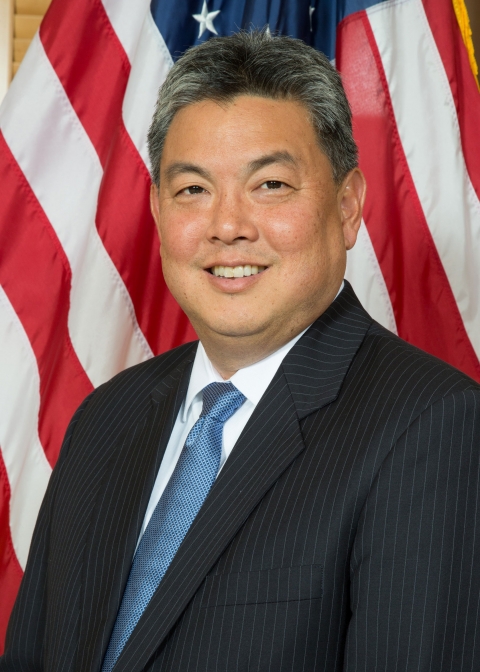Hirono Continues Rep. Takai’s Efforts for Atomic Veterans
Sens. Mazie K. Hirono and Al Franken (D-Minn.) introduced the Mark Takai Atomic Veterans Healthcare Parity Act, legislation that Rep. Takai introduced last Congress.
This bill would provide important healthcare benefits to Atomic Veterans who were exposed to high levels of harmful radiation when assigned to clean up nuclear testing sites during the late 1970s.
“Mark’s legislative priorities made clear his commitment to his fellow service members,” said Sen. Hirono. “It’s not right that Atomic Veterans are forced to pay high out of pocket medical costs just because of the job they performed in service to our country. This bill would finally give these veterans the benefits they’ve earned.”
The Mark Takai Atomic Veterans Healthcare Parity Act is also cosponsored by Sens. Thom Tillis (R-N.C.), Chris Coons (D-Del.), Ron Wyden (D-Ore.) and Jeff Merkley (D-Ore.).
The bipartisan Mark Takai Atomic Veterans Healthcare Parity Act would designate veterans who participated in the nuclear clean-up of Enewetak Atoll on the Marshall Islands as “radiation-exposed veterans,” and make them eligible to receive the same healthcare and benefits given to other service members who were involved in active nuclear tests.
Enewetak Atoll in the Marshall Islands was the site of more than 40 nuclear tests between 1946 and 1958. The service members who participated in its nuclear cleanup between 1977 and 1980 suffer from high rates of cancers due to their exposure to radiation and nuclear waste, but are currently unable to receive the same treatments and service-related disability presumptions that other “radiation-exposed veterans” receive. The Mark Takai Atomic Veterans Healthcare Parity Act would tackle this issue by extending key VA benefits to those who helped clean up the Marshall Islands, which remains partly uninhabitable due to high levels of radiation.
















